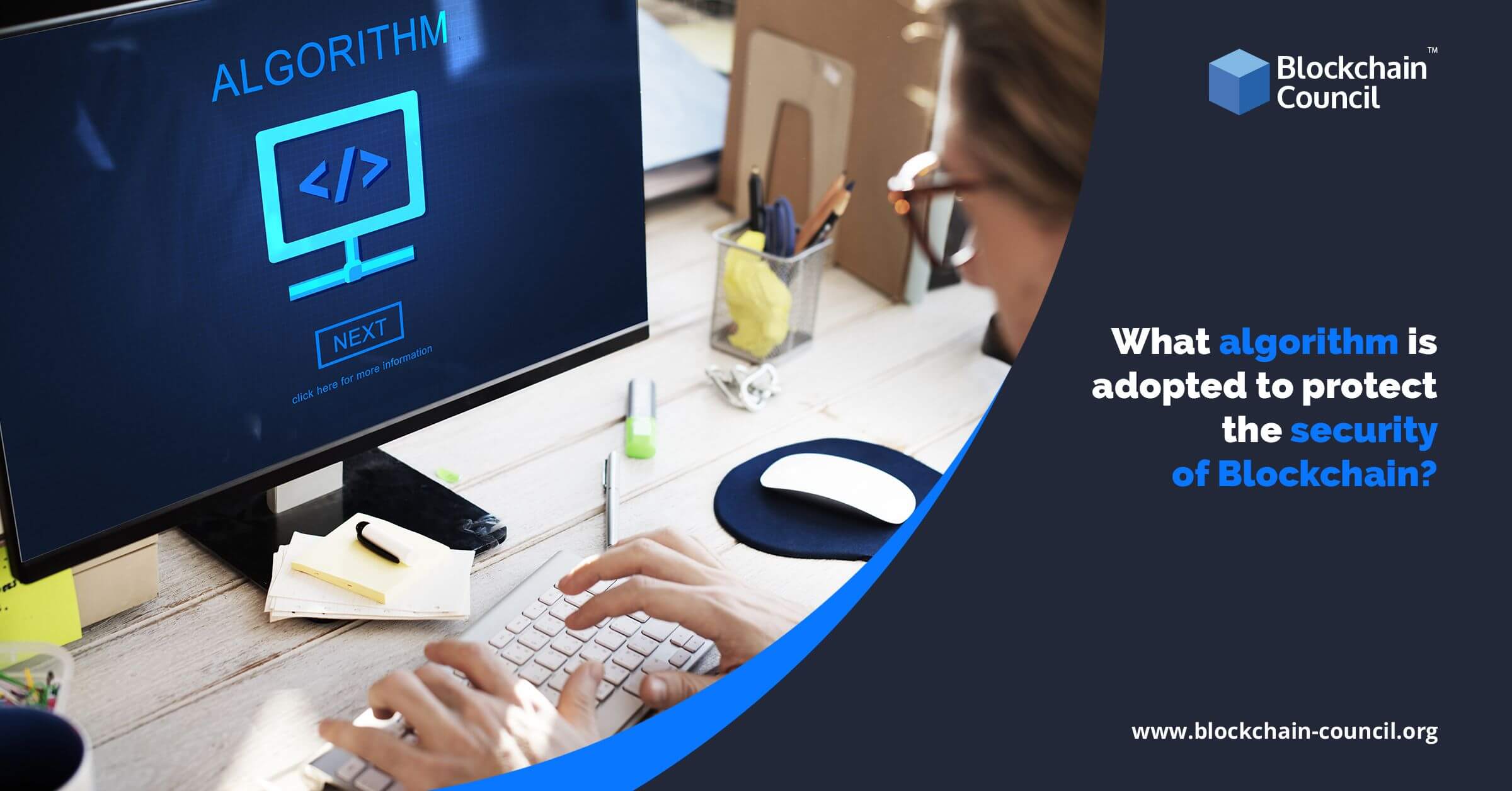
- Toshendra Kumar Sharma
- October 17, 2019
As suggested by a market research report, blockchain has the potential to reach critical adoption by the year 2020, and by 2025, it will attain general acceptance from consumers. Blockchain is, no doubt, a revolutionary technology as it has not only given rise to currency but an entire financial market. The tech community across the globe is largely positive about blockchain as it offers a wide range of applications for financial and non-financial sectors alike. One such industry where blockchain proves to be groundbreaking is retail.
Understanding blockchain
Blockchain is an open, distributed ledger which records information in real-time. It is a permanent, transparent, and verifiable record of all the transactions which take place between every participant on the blockchain. It is a database of information where information is stored across a variety of data servers in a ‘decentralized’ fashion. Information is stored and shared over a peer-to-peer network as multiple copies of the same data are stored in different locations across different devices.
Role of blockchain in the retail sector
E-commerce is one industry which has certainly disrupted how we shop and live and blockchain has already set on its path to disrupt eCommerce. Let us now understand some of the implementations of blockchain in retail which ignite a significant shift through a decentralized economy.
1. Boosting customer loyalty
Using blockchain technology offers instant and accurate data integrity. It is largely applied to data-reliant customer loyalty schemes. The nature of blockchain ensures data capture at every stage of customer interaction. This will help businesses improve qualitative analysis and customer modeling capabilities. Retailers make use of blockchain for customer loyalty programs. They give consumers the option of storing ubiquitous loyalty points with a single wallet rather than accumulating them in isolated membership schemes. This way, customers will be more engaged with loyalty programs as they can easily track and redeem points and rewards. Technologies like big data analysis and artificial intelligence also help create personalized communications for each customer.
2. Increased supply chain transparency
As we all know, supply chain management refers to the flow of goods and services and includes all processes right from sourcing of raw materials until conversion into finished products. The concept of the supply chain is critical to any aspect of eCommerce. In a supply chain, blockchain can be leveraged to solve issues such as recordkeeping and product tracking. It is certainly a better alternative to the centralized database. Use of blockchain adds a new level of trust to the brand-customer relationship. Digital recording of every stage of the supply chain process helps ensure authenticity and reduces the risk of counterfeiting especially in arts, antiques, luxury goods, and pharmaceutical segments. Some of the prominent use cases of blockchain in the supply chain are:
-
Provenance tracking
The timeline of a product right from its inception can be easily traced using the blockchain. Blockchains aid in tracing product information at every stage through the use of embedded sensors and RFID tags. Accurate provenance tracking is also possible with blockchain, which aids in detecting anomalies in any segment of the supply chain.
-
Inventory management
Blockchain is also utilized in the backend of a supply chain. Blockchain helps retailers avoid unnecessary expenditure on hiring new staff time and again.
-
Cost reduction
Blockchain enhances the administrative processes in the supply chain, thereby reducing extra costs incurred by the system. Elimination of intermediaries eliminates product duplicacy and risks of frauds. Customers and suppliers can use cryptocurrencies to process payments within the supply chain.
3. Protection of consumer privacy
In the current system, we see customers exchanging numerous personal data to every company. Each company stores this information in its database. This data is put at high risk, especially as these systems are highly prone to system breaches, hacks, and data losses. This will affect brand perception and consumer trust. This information can be securely stored in a blockchain as it is a decentralized, secure ledger which cannot be hacked. This data can be accessed only by people who have the exact private cryptographic key. Consumers can even control the level of information they want to share with retailers. This way, the consumers are aware of who needs their data and the purpose for which they need it.
4. Increasing logistical efficiencies
Blockchain helps track shipments easily. Every logistical stage of a product’s journey can be tracked as blockchain offers real-time information on who handled the product, where and when, at what time it was dispatched, scheduled time of delivery, etc. Suppliers can also track factors such as humidity and temperature. This will improve logistical efficiencies to a great extent. Blockchain has the much-needed potential to streamline transport and shipping.
5. Payments and eCommerce
Blockchain enables retailers to accept cryptocurrency payments, which is advantageous for cross-border payments and micropayments. The digital records created help streamline the returns and refunds process. The use of smart contracts aids in instant payments, automated refunds, and much more. A smart contract is a self-executing contract which contains the terms of the agreement between the buyer and the seller.
Conclusion
Taking all the benefits of blockchain into account, change is definitely in the pipeline for the retail industry. eCommerce is slowly but steadily getting revolutionized by the applications of blockchain technology. Apart from being faster and cheaper, its feature of eliminating third-party interference is what makes blockchain ideal for retailers. Blockchain has the ability to decentralize a centralized service, thereby aiding in the establishment of trust, which is the backbone of any business. Considering all the possibilities offered by blockchain, one can say without a doubt that blockchain is certainly here to stay.





































































 Guides
Guides News
News Blockchain
Blockchain Cryptocurrency
& Digital Assets
Cryptocurrency
& Digital Assets Web3
Web3 Metaverse & NFTs
Metaverse & NFTs
